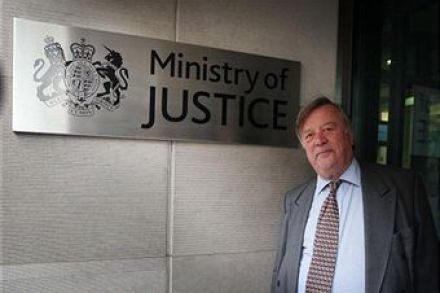Burnham cries for help
At last! There’s a bit of British spunk about the Labour leadership contest. Andy Burnham has accused his rivals of smearing him. The finger of suspicion points at Ed Balls – given past form and his natural proclivities. Burnham and Balls are fighting for a similar constituency – both are running broadly ‘traditional’ tickets. Both are struggling. Balls has 5 Constituency Labour Party nominations to Burnham’s 8: the Milibands have 80 between them. Balls’ team, staffed by the saintly Tom Watson and Charlie Whelan, probably is briefing against Burnham; and it was probably Balls who introduced the rumour that the Milibands were smearing one another. But equally, Burnham could be



















